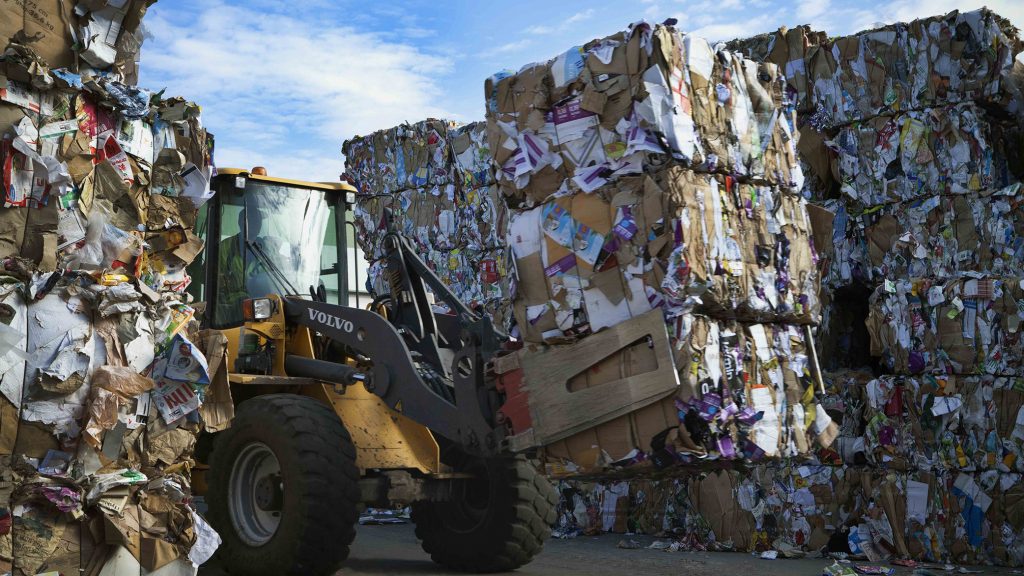Sweden is so good at recycling that, for several years, it has imported rubbish from other countries to keep its recycling plants going. Less than 1 per cent of Swedish household waste was sent to landfill last year or any year since 2011.
Sweden is a top performer when it comes to sorting and recycling its waste and is in the rare situation of lacking garbage at its incineration centres, which produce enough electricity to supply 250,000 homes and heating for 950,000 homes (Getty)
“Swedish people are quite keen on being out in nature and they are aware of what we need do on nature and environmental issues. We worked on communications for a long time to make people aware not to throw things outdoors so that we can recycle and reuse,” Anna-Carin Gripwall, director of communications for Avfall Sverige, the Swedish Waste Management’s recycling association told independent.co.uk.
Over time, Sweden has implemented a cohesive national recycling policy so that even though private companies undertake most of the business of importing and burning waste, the energy goes into a national heating network to heat homes through the freezing Swedish winter. “That’s a key reason that we have this district network, so we can make use of the heating from the waste plants. In the southern part of Europe they don’t make use of the heating from the waste, it just goes out the chimney. Here we use it as a substitute for fossil fuel,” Ms Gripwell says.
Sweden’s heating network is not without its detractors. They argue that the country is dodging real recycling by sending waste to be incinerated. Paper plant managers say that wood fibre can be used up to six times before it becomes dust. If Sweden burns paper before that point it is exhausting the potential for true recycling and replacing used paper with fresh raw material.
Ms Gripwall says the aim in Sweden is still to stop people sending waste to recycling in the first place. A national campaign called the “Miljönär-vänlig” movement has for several years promoted the notion that there is much to be gained through repairing, sharing and reusing.
She describes Sweden’s policy of importing waste to recycle from other countries as a temporary situation. “There’s a ban on landfill in EU countries, so instead of paying the fine they send it to us as a service. They should and will build their own plants, to reduce their own waste, as we are working hard to do in Sweden,” Ms Gripwall says.
“Hopefully there will be less waste and the waste that has to go to incineration should be incinerated in each country. But to use recycling for heating you have to have district heating or cooling systems, so you have to build the infrastructure for that, and that takes time,” she adds.


















